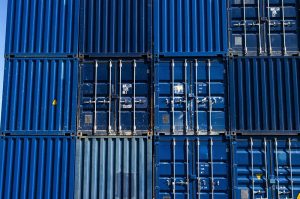 A common complaint about China’s restriction on scrap materials imports is the lack of solid information about what exactly the upcoming ban will target. A Canadian plastics group is taking data-gathering into its own hands.
A common complaint about China’s restriction on scrap materials imports is the lack of solid information about what exactly the upcoming ban will target. A Canadian plastics group is taking data-gathering into its own hands.

 A common complaint about China’s restriction on scrap materials imports is the lack of solid information about what exactly the upcoming ban will target. A Canadian plastics group is taking data-gathering into its own hands.
A common complaint about China’s restriction on scrap materials imports is the lack of solid information about what exactly the upcoming ban will target. A Canadian plastics group is taking data-gathering into its own hands.
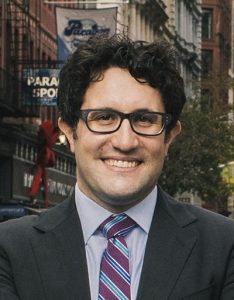
Rob Kaplan
In less than half a decade, the Closed Loop Fund has become a household name in the recycling industry, putting sizable capital behind a range of materials recovery initiatives. A leader from the investment effort recently put the fund’s path into perspective.
 Chinese authorities have released more specifics about which materials are likely to be affected by a proposed import ban on recovered materials. The action is expected to be implemented at the end of this year.
Chinese authorities have released more specifics about which materials are likely to be affected by a proposed import ban on recovered materials. The action is expected to be implemented at the end of this year.
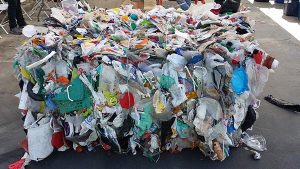
A bale of plastics No. 3-7. Source: Association of Plastic Recyclers.
The idling of a Baltimore-area plastic recovery facility is the kind of slowdown that’s expected in an innovative project showcasing a still-developing business model, according to a financial backer.
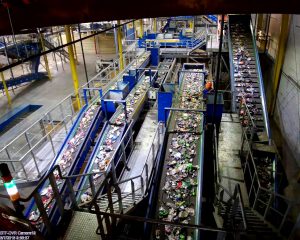 A joint-venture plastics recovery facility in Maryland will end operations in the coming days, citing challenges in the post-consumer plastics industry and pointing to a need to upgrade its equipment.
A joint-venture plastics recovery facility in Maryland will end operations in the coming days, citing challenges in the post-consumer plastics industry and pointing to a need to upgrade its equipment.
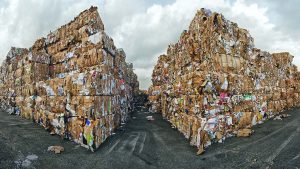 The top recycling executive at Pratt Industries views China’s planned imports prohibition as a chance for the U.S. industry to clean up its stream.
The top recycling executive at Pratt Industries views China’s planned imports prohibition as a chance for the U.S. industry to clean up its stream.
 U.S. recycling leaders who are closely tied to export markets say China’s proposed prohibition on recovered plastic and paper imports could drive changes all the way back to the curb.
U.S. recycling leaders who are closely tied to export markets say China’s proposed prohibition on recovered plastic and paper imports could drive changes all the way back to the curb.
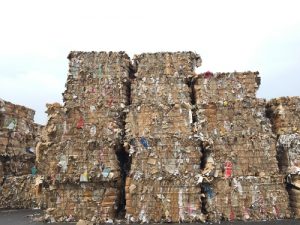 The news that China is aiming to roll out an outright ban on some grades of recovered material jolted the U.S. recycling industry last month.
The news that China is aiming to roll out an outright ban on some grades of recovered material jolted the U.S. recycling industry last month.
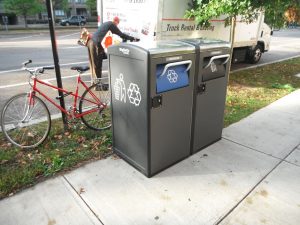 A U.S. manufacturer of solar-powered recycling and garbage compacting receptacles claims another equipment company has copied its patent-protected technology.
A U.S. manufacturer of solar-powered recycling and garbage compacting receptacles claims another equipment company has copied its patent-protected technology.
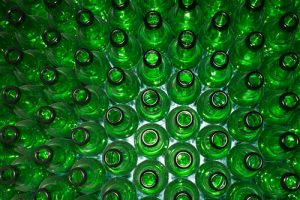 A group that leverages corporate dollars to improve municipal recycling has backed a Pennsylvania glass aggregate manufacturer, part of an effort to bolster buyers of curbside recyclables.
A group that leverages corporate dollars to improve municipal recycling has backed a Pennsylvania glass aggregate manufacturer, part of an effort to bolster buyers of curbside recyclables.
